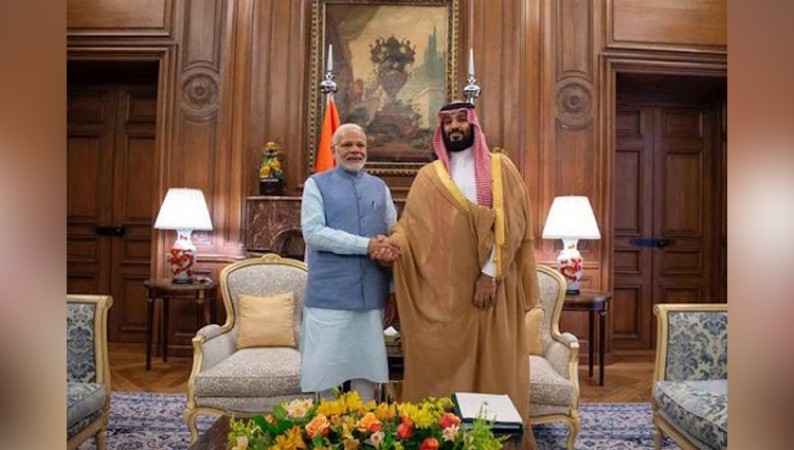
NEW DELHI: The West Coast refinery project, which had long been languishing, has gained renewed momentum following the visit of Saudi Crown Prince Mohammed bin Salman to India. During a bilateral meeting with Prime Minister Narendra Modi, the two leaders agreed to establish a joint task force aimed at expediting the long-delayed West Coast oil refinery project. Ausaf Sayeed, Secretary (CPV) of the Ministry of External Affairs, remarked that they had agreed to form this task force to facilitate the allocation and utilization of the USD 100 billion investment pledged by Saudi Arabia, with half of the funds earmarked for the refinery.
This agreement was just one among a series of newly discussed investment opportunities during the bilateral engagement between PM Modi and his Saudi counterpart. In total, eight new agreements were signed, spanning petrochemical collaboration to saltwater desalination.
The West Coast refinery project, also known as the Ratnagiri Refinery and Petrochemicals Ltd, was initially conceived in 2014. It was envisioned as India's largest greenfield refinery, boasting a capacity of 60 million tonnes per annum, positioning it among the world's largest refineries for petroleum processing and production. As the name suggests, the project is planned for India's western coastline, specifically in Maharashtra state.
Given the magnitude of this endeavor, all three major Indian national oil companies—Indian Oil Corporation Limited, Bharat Petroleum Corporation Limited, and Hindustan Petroleum Corporation Limited—participate under the banner of Ratnagiri Refinery and Petrochemicals Limited, established in 2017.
Moreover, in 2019, Saudi Aramco and the Abu Dhabi National Oil Company (ADNOC) jointly acquired a 50 percent stake in the project, estimated to be valued at approximately Rs 3 lakh crore, exclusively for setup expenses.
The project's scale and potential are remarkable, with projections indicating it will produce around 1.2 million barrels of oil daily, in addition to various petroleum products generated by affiliated petrochemical facilities.
Beyond the immediate advantages of attracting foreign investment and generating thousands, if not hundreds of thousands, of new jobs in India, the West Coast refinery project will further solidify India's position as a major oil refiner. Presently, India holds the fourth-largest refining capacity globally, trailing only the US, China, and Russia.
Apart from diminishing India's reliance on imported petroleum products, the project will enable India to meet diverse requirements for niche petrochemical products in the global market.
However, despite its tremendous promise, the project has languished for several years, contending with political pressures to relocate from the state government. Many of these challenges stem from local protests, where concerns primarily revolve around the project's environmental impact rather than its potential to create numerous jobs. The involvement of activists and local politicians in these protests has only further complicated matters.
The Uddhav Thackeray government even proposed relocating the project to the Gujarat coast. Even after settling on a location, delays persisted due to site suitability studies and other hindrances. Consequently, it was only in late the preceding year that the Union Government hinted at the project's revival. Hardeep Singh Puri, the Union Minister for Petroleum and Natural Gas, affirmed, "We have reached out to all stakeholders, and the response has been positive thus far. The 60 million tonne per annum project can be established anywhere in Maharashtra, any other west coast state, or even in a southern state; it need not be limited to Ratnagiri alone."
With the formation of the new Indian-Saudi joint task force, the fate and timeline of the West Coast refinery project now hang in the balance.